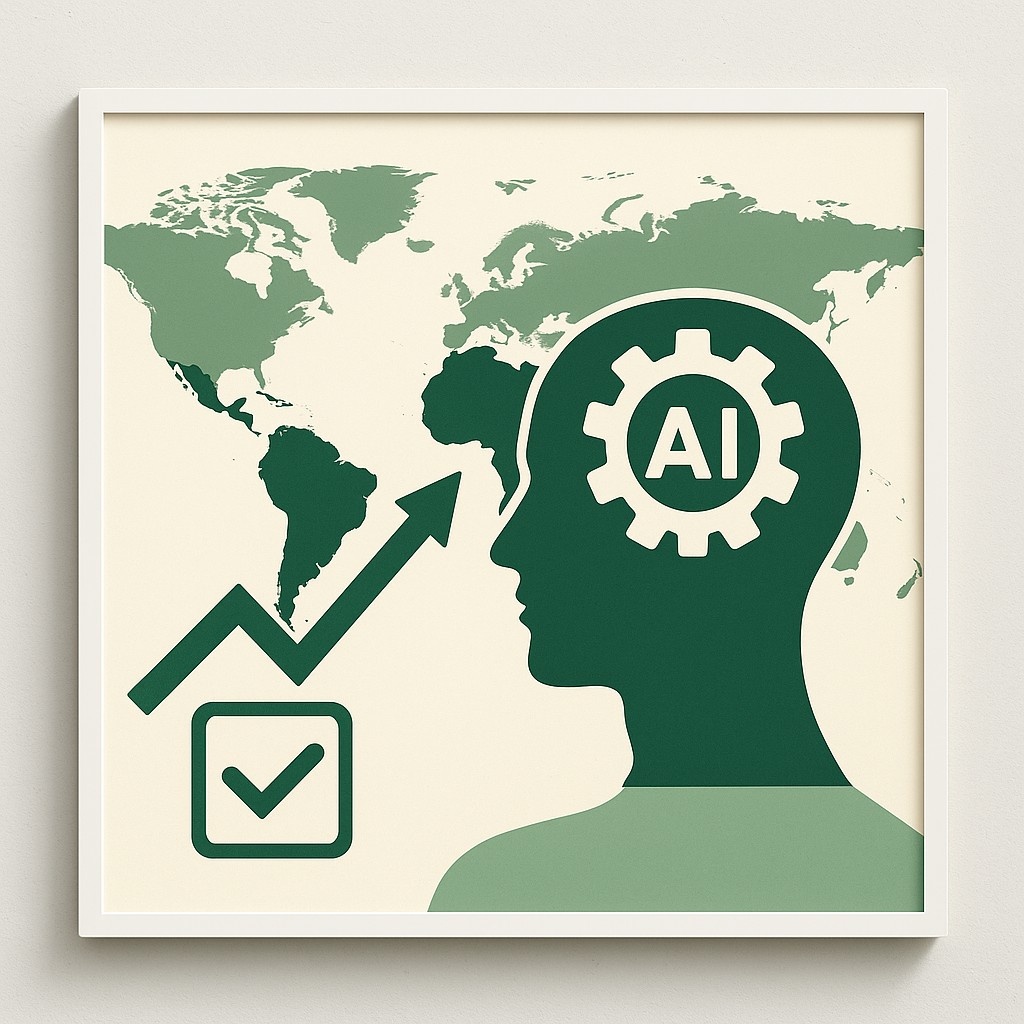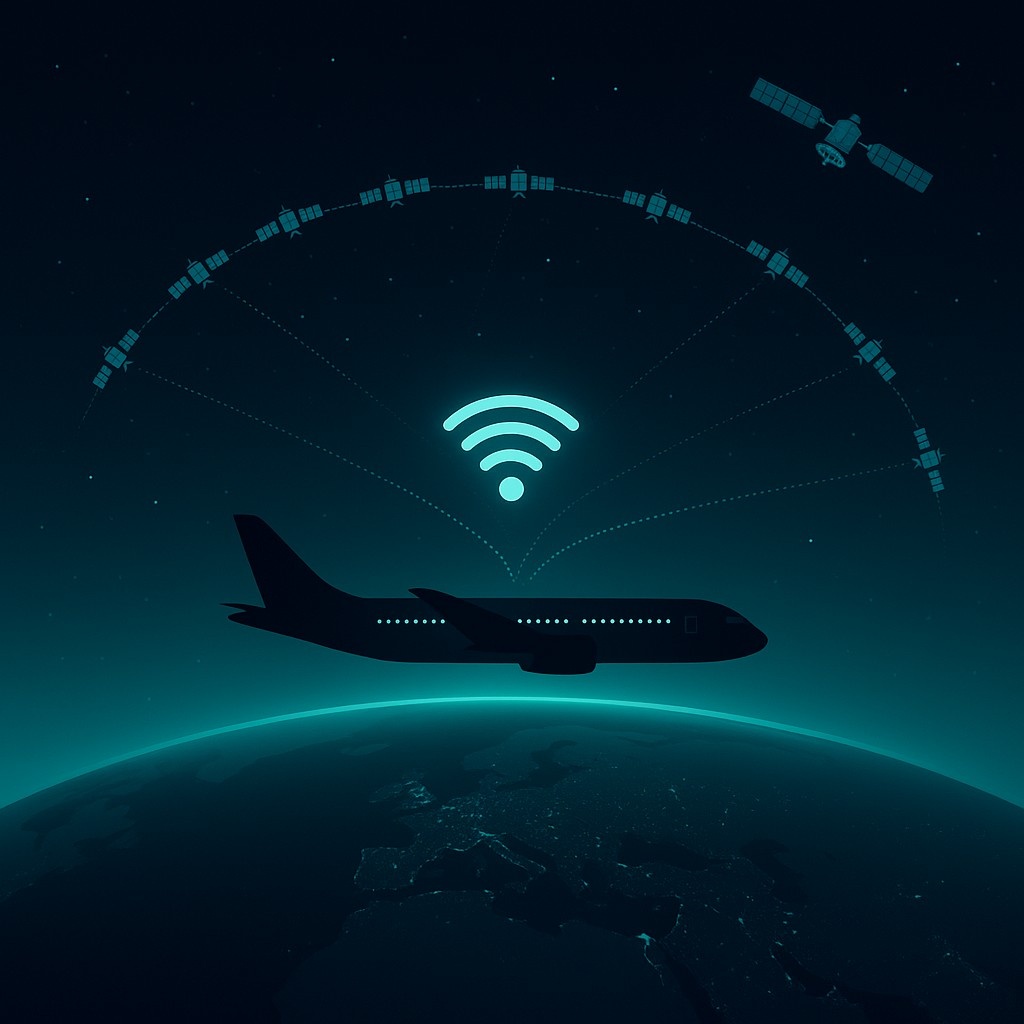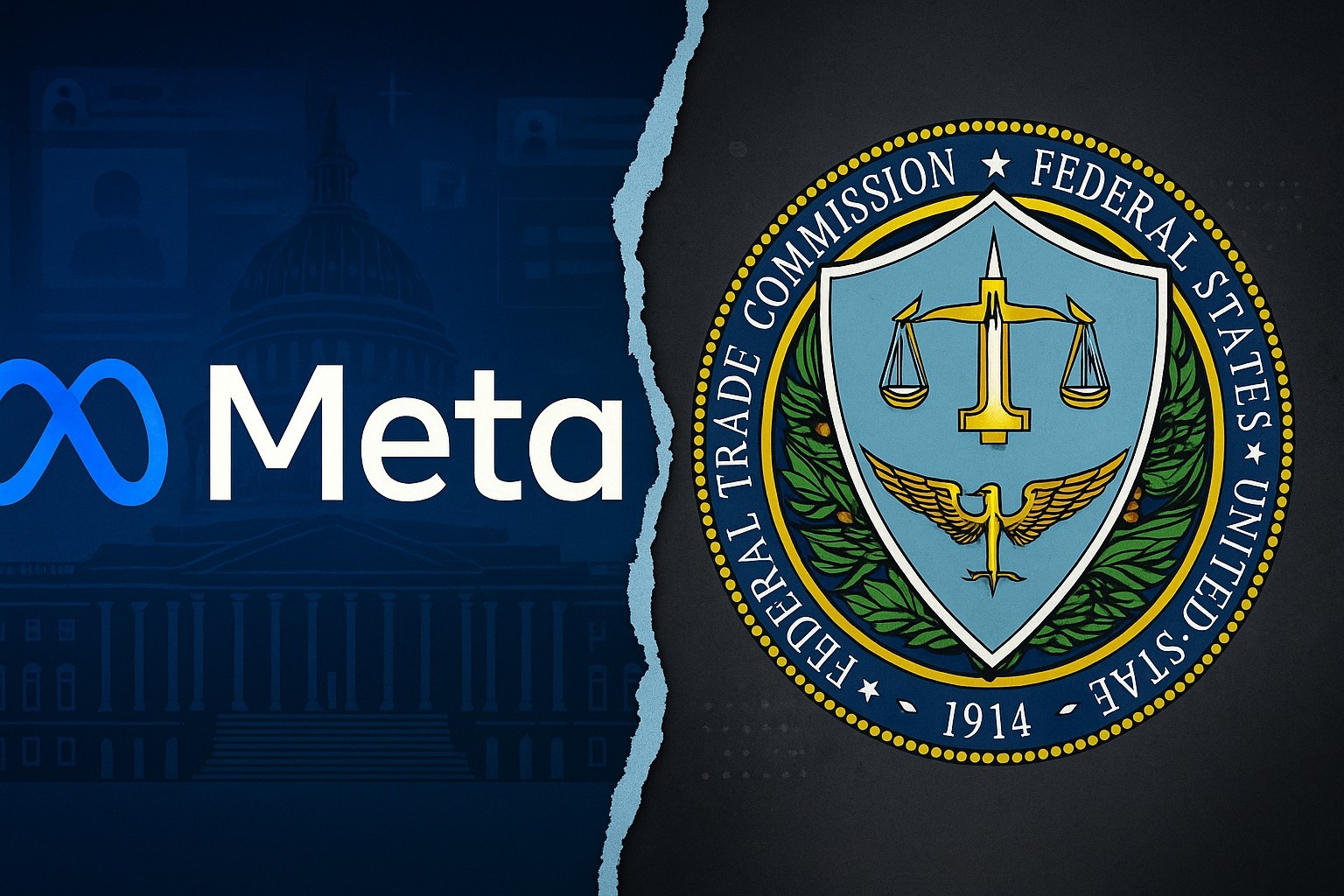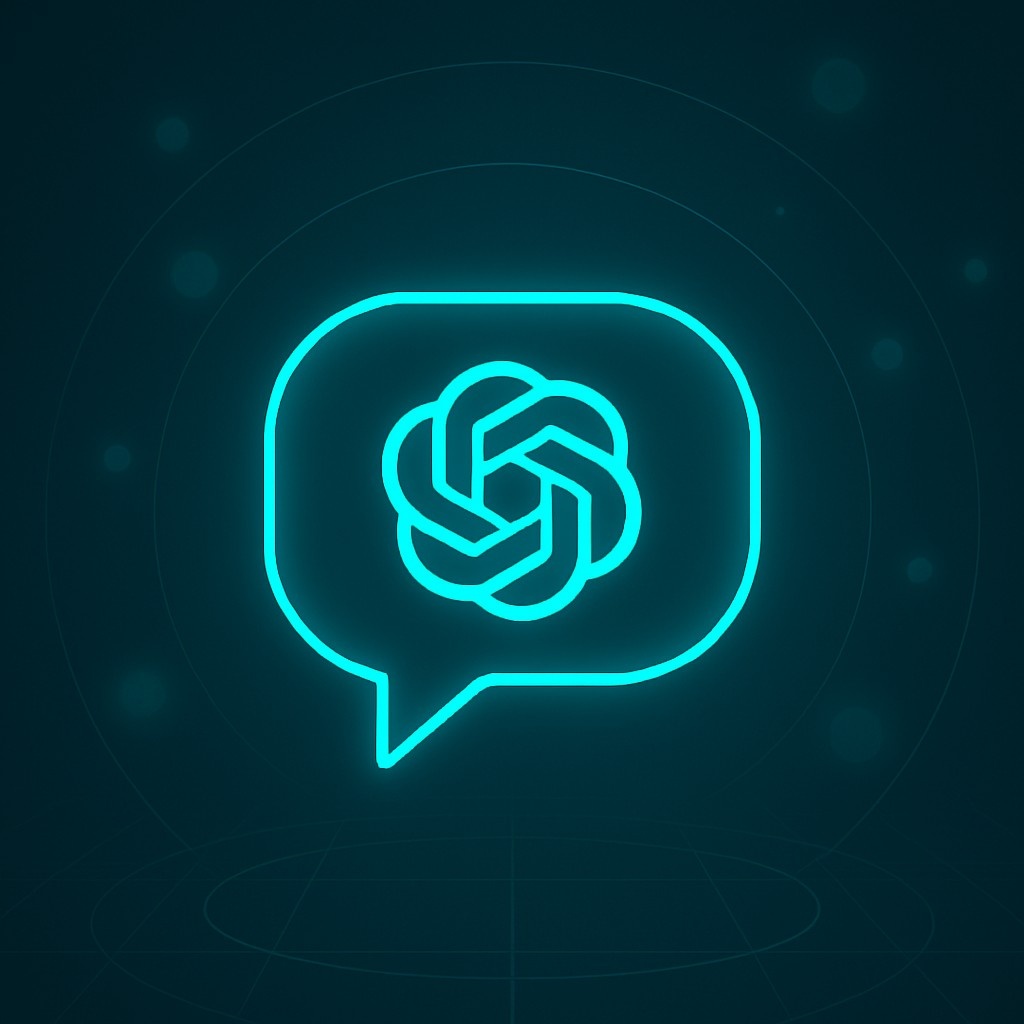Survey Shows Emerging Markets Trust AI the Most
A global AI trust study released on April 28, 2025, has revealed something that surprised a lot of people in Silicon Valley — trust in artificial intelligence is significantly higher in emerging economies than in the developed world.
The survey, conducted jointly by the University of Melbourne and KPMG, spanned over 47 countries and included feedback from more than 48,000 individuals. And the findings? Clear.
- 60% of people in emerging markets said they trust AI.
- Only 40% of people in developed countries said the same.
It’s a split that raises important questions about perception, progress, and how people in different parts of the world experience technology.
Where AI Is Growing Fast — And Trusted More
Let’s break down what’s really going on.
In countries like India, Brazil, Indonesia, Nigeria, and Vietnam, AI tools are being adopted rapidly — not just by tech elites, but by teachers, students, small business owners, and public service workers.
Here, AI is helping:
- Translate languages in real time
- Improve crop management
- Provide access to education where teachers are scarce
- Deliver low-cost diagnostics for healthcare
In these regions, AI isn’t some philosophical debate. It’s a tool — and it works.
Nicole Gillespie, one of the researchers behind the study, summed it up well:
“People in emerging markets often experience the practical benefits of AI firsthand — especially in places where traditional systems are broken or absent.”
- Nicole Gillespie
And that’s the key. In places where the infrastructure is lacking, AI fills the gap. It becomes visible progress. So naturally, people trust it.
In Developed Nations, Trust Is Slipping
Now let’s flip the map.
In the U.S., Canada, Germany, Japan, and Australia — the picture is different.
Yes, AI is everywhere. Yes, ChatGPT and similar tools are used by millions. But trust levels have dropped compared to just a couple years ago. According to the same survey:
- 58% of respondents globally still say they don’t trust AI
- In developed nations, that number climbs even higher
Why?
Because for many users in these countries, AI feels less like a helper and more like a threat — to jobs, privacy, and autonomy. People are worried about:
- Mass layoffs from AI-driven automation
- Data being harvested without consent
- Algorithms making decisions with zero transparency
And unlike in emerging economies, where the tech fills voids, in advanced economies, AI is often replacing something that already works — or worse, someone’s job.
Two Different Relationships With AI
This isn’t just about geography. It’s about the experience of technology.
In emerging markets:
- AI is often seen as empowering
- It fills a gap (education, healthcare, infrastructure)
- There’s gratitude for the access it brings
In developed markets:
- AI is increasingly seen as disruptive
- It replaces familiar systems (and jobs)
- There’s anxiety over loss of control
One group sees AI as a lifeline. The other sees it as a liability.
The Post-ChatGPT Effect: More AI, Less Trust
Interestingly, the survey also suggests that trust in AI has dropped overall since the release of ChatGPT in late 2022.
Even though large language models like GPT have made AI more visible — and in many cases more useful — they've also brought AI closer to sensitive areas:
- Writing college essays
- Mimicking voices
- Generating deepfakes
- Replacing humans in creative and knowledge work
This proximity makes people nervous. And with almost daily headlines about AI risks, it's no wonder public confidence is shaky.
AI Usage Is Still Growing — Everywhere
Despite the trust gap, AI usage is surging globally.
According to the report:
- Two-thirds of people surveyed said they use AI regularly
- That includes personal assistants, auto-translation tools, and AI features inside workplace apps
- 83% of respondents believe AI will bring major benefits, especially in education, healthcare, and productivity
So yes, people may be uneasy. But they’re also logging in and using it every day.
What This Means for Governments and Tech Companies
The takeaway from this survey isn’t just academic. It’s strategic.
If you're a government or a tech company trying to push AI into public services or markets, the level of trust in your region matters.
In emerging markets:
- There’s a window of opportunity to build AI into healthcare, education, finance, and logistics
- Governments may face less pushback when implementing national AI strategies
In developed countries:
- Public trust will need to be earned — and protected
- This means clearer transparency, explainable AI, and strong regulation
Because once trust is lost, it’s incredibly hard to win back — especially with tech.
Final Thoughts
This new global survey on AI trust is more than just stats. It tells a deeper story — about how people around the world see their future with machines.
In one part of the world, AI is hope.
In another, it’s a question mark.
For tech companies building AI, and governments looking to deploy it, that’s the most important distinction to understand.
Because the tech may be global — but trust will always be local.
















